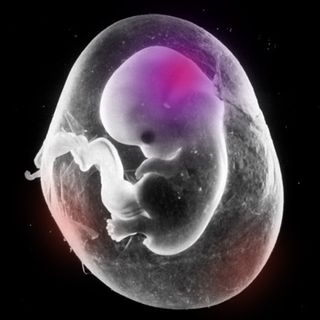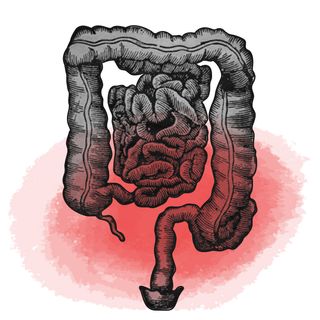Regulators in the U.K. have just given the go-ahead to trial the psychedelic drug DMT to treat depression. According to The Guardian, this would be the first clinical trial ever to test DMT as a treatment for depression even as the drug continues to be illegal in a number of countries around the world, including in the U.K..
DMT, or N-Dimethyltryptamine, is a chemical substance that occurs naturally in several plants and animals. It is called the ‘spirit molecule‘ for the powerful hallucinogenic trips it induces. Its psychedelic properties make it one of the active ingredients in ayahuasca — a bitter brew used for spiritual and religious purposes in some Brazilian and North American indigenous communities.
Earlier this week, the Medicines and Healthcare Products Regulatory Agency (MHRA) in the U.K. approved the clinical trial, which will be run by Small Pharma in collaboration with the Imperial College London.
The first phase of the trial is slated to involve 32 healthy volunteers with no prior experience taking psychedelic drugs. The second stage of the trial will involve 36 patients with clinical depression, who will undergo psychotherapy alongside being administered DMT.
“The psychedelic drug breaks up all of the ruminative thought processes in your brain — it literally undoes what has been done by either the stress you’ve been through or the depressive thoughts you have — and hugely increases the making of new connections. … Then the [psychotherapy] session afterwards is the letting-things-settle piece of things — it helps you to make sense of those thoughts and puts you back on the right track,” Carol Routledge, chief scientific and medical officer at Small Pharma, told the press.
Related on The Swaddle:
LSD Microdosing Can Increase Pain Tolerance Without Causing Mind‑Altering Effects: Study
“The best results [observed stem from] a combination of treatment with the therapy. … this underscores the difference between the psychedelics that might be used in a recreational setting to ones that are used in a clinical setting. By pairing digital therapeutics with DMT therapy we can prepare the subject for the experience beforehand — but we can also monitor the patient after the therapy,” Glenn Short, Ph.D., CEO of Virdia Life Sciences, another company involved in psychedelic-based mental health research, told Health Europa in October.
“I myself don’t find DMT to be a very lovable compound, but it is definitely an interesting study to do. It is a harsher compound than other psychedelics like psilocybin or LSD. … DMT triggers a strong [psychedelic trip],” Amanda Feilding, founder and director of Beckley Foundation, a U.K.-based think tank and U.N.-accredited NGO that promotes research into psychoactive substances and works on global drug policy reform, told The Guardian. But, she added, past studies on ayahuasca have indicated the drug could have an anti-depressant effect on people.
Interestingly, experts believe that the potential of DMT as a therapeutic drug also extends beyond depression — it could be used as a treatment for related disorders like PTSD, treatment-resistant depression, OCD, and even some types of substance abuse, according to Routledge.
At present, Small Pharma is awaiting the U.K. Home Office’s permission to kick off the MHRA-approved clinical trail, since DMT is a controlled substance in the country — possession of which carries a maximum penalty of seven years in jail, and life imprisonment for supply. However, it is hopeful that the trial can start in January 2021.




